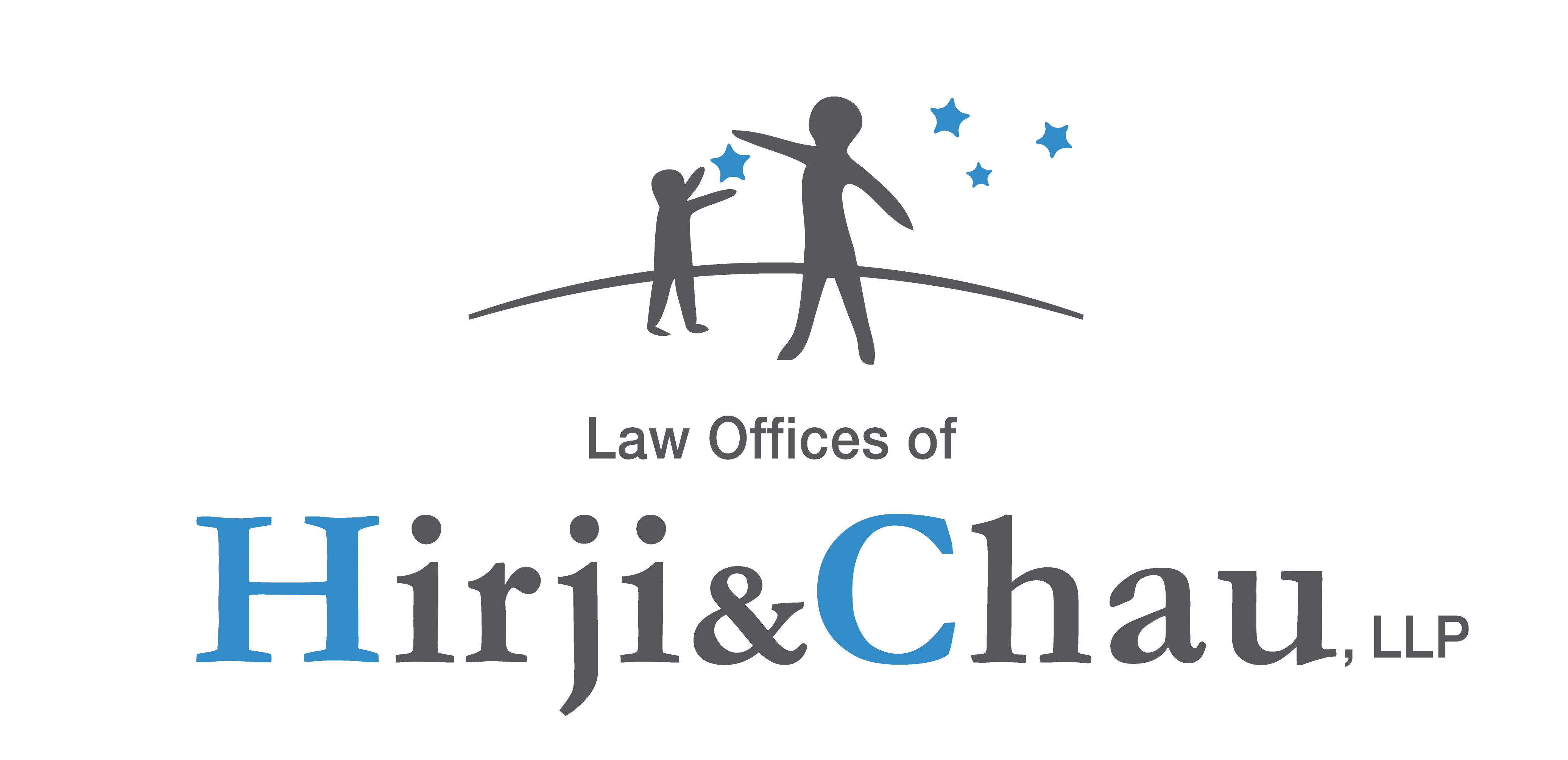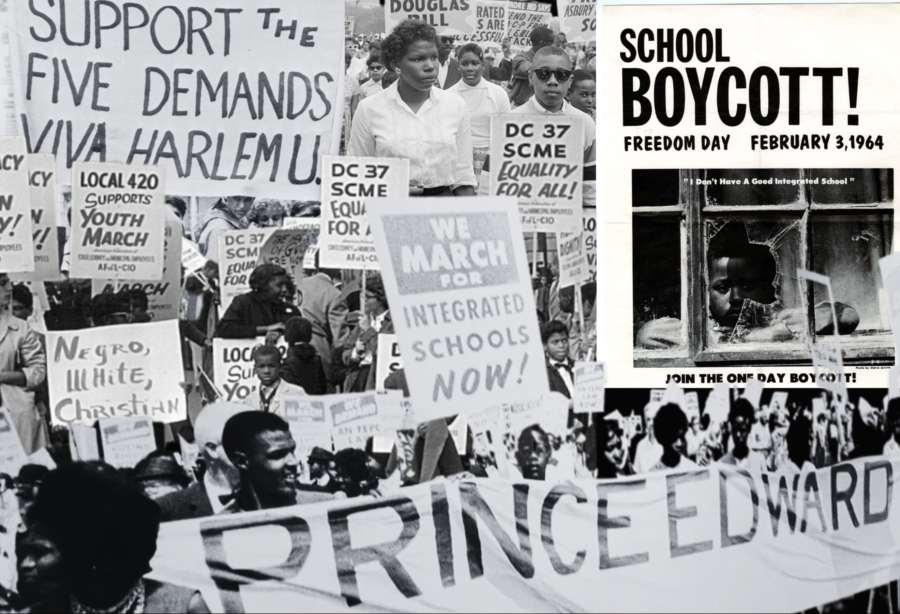By Theo Meranze / Rosa K. Hirji
On March 8th Mahmoud Khalil, a Palestinian student from Columbia University, was detained by ICE agents at campus housing as a result of his activism on University grounds. He is a legal permanent resident of the U.S. and is married to a U.S. citizen who is 8 months pregnant. Thrown into an unmarked government vehicle before being flown to a detention center in Louisiana, Khalil is now facing deportation.
Khalil’s activism was undeniably non-violent. The reality that Khalil has been detained and could potentially be deported for his speech is a disturbing signal of the Trump administration’s attack on student speech and activism. In the words of Trump himself after Khalil’s arrest, “This is the first arrest of many to come.”
If Khalil is successfully deported, it would legitimize the abusive legal framework the Trump administration is employing. All student immigrants, even permanent residents, would be in danger of deportation for expressing dissenting political opinions.
The first amendment’s protection of free speech does not end when one enters a University Campus, private or public. The Supreme Court in 1969 wrote eloquently that,
“State-operated schools may not be enclaves of totalitarianism. School officials do not possess absolute authority over their students. Students in school as well as out of school are ‘persons’ under our Constitution. They are possessed of fundamental rights which the State must respect, just as they themselves must respect their obligations to the State. In our system, students may not be regarded as closed-circuit recipients of only that which the State chooses to communicate. They may not be confined to the expression of those sentiments that are officially approved. In the absence of a specific showing of constitutionally valid reasons to regulate their speech, students are entitled to freedom of expression of their views”
Tinker v. Des Moines Independent Community School Dist. (1969) 393 U.S. 503, 511. “Vigilant protection” of First Amendment rights is “nowhere more vital” than at public universities, which are “peculiarly the ‘marketplace of ideas.’ ” Healy v. James, (1972) 408 U.S. 169. The First Amendment applies to international students and scholars as well. The Supreme Court has recognized that policies that formally or informally suppress protected expression at public universities raise serious First Amendment concerns.Though, with time, the Court may be reverting to a more restrictive stance regarding free speech rights in educational contexts.
According to the National Coalition Against Censorship students cannot be disciplined for making statements that a school disagrees with. They also have the right to protest on University grounds without punishment as long as the protest is not disruptive to Campus order. If a protest is deemed disruptive, students have the right to due process under the Fourteenth Amendment before being disciplined by a University, at least at public schools.
The right to due process is especially relevant if a student is facing suspension or expulsion, as established in the 1975 Supreme Court case Goss v. Lopez, which states that “the State is constrained to recognize a student’s legitimate entitlement to a public education as a property interest which is protected by the Due Process Clause and which may not be taken away for misconduct without adherence to the minimum procedures required by that Clause.” Sadly, at Private Institutions, this protection is hard to guarantee. This is the case at Columbia, where the University just expelled, suspended, and revoked the degrees of 22 students.
Free speech on University campuses is an integral part of our society. Students have been at the forefront of nearly every historic American social movement. They helped end segregation during the civil rights movement, staging protests such as the famous Greensboro sit ins in North Carolina. They also were an integral part of the “freedom rides” into the south, sitting on desegregated buses to challenge racist laws while enduring horrific violence and arrests.
Students also led the movement to end the Vietnam war. This was despite being faced with murderous force, such as in the case of The Kent State Massacre, where four student protestors were killed by the Ohio national guard. More recently, students were also a large part of Occupy Wall Street. If student free speech is successfully discouraged and destroyed, we will lose one of our most important vehicles for discourse and protest.
Mahmoud Khalil’s arrest comes at the tail end of what has been a robust movement of students on university campuses across the country protesting Israel’s genocide in Palestine. Nationwide, student protesters advocating for Palestinian rights have been attacked by Universities and political pundits, Democrat and Republican alike. These attacks have come in the form of public shaming, politically motivated accusations of antisemitism, targeted expulsions at private universities, violent arrests, and the allowance of outside attackers into protest sites, most notoriously potentially here in Los Angeles at UCLA. So far however no protestors have been deported as a result of their actions. This could easily change with Khalil.
The Trump administration however is trying to circumvent Khalil’s rights through legal loopholes. Marco Rubio, the current Secretary of State of the United States, is using a nearly forgotten authority given to the Secretary of State by the Immigration and Nationality Act (INA), which states: “An alien whose presence or activities in the United States the Secretary of State has reasonable ground to believe would have potentially serious adverse foreign policy consequences for the United States is deportable.”
The INA is supposedly meant to target people who pose a “genuine threat to the country”– not non-violent protestors. (Ironically, however, it was originally used to deport Eastern European Jewish Holocaust survivors suspected of being Soviet agents). This is reminiscent of attacks on free speech during the McCarthy era of the 1950s, when countless immigrants and naturalized citizens were deported for their political beliefs. High profile targets of these attacks included the likes of Charlie Chaplin, who was deported for his supposed “Communist ties.” The filmmaker Orson Welles and the legendary composer Leonard Bernstein were also removed from the country. In addition, countless everyday people were deported. It is up to the courts now to determine this strategy’s legitimacy.
Since Khalil’s detainment, the Trump administration has continued to target people affiliated with Universities, specifically Columbia. Leqaa Kordia, a Palestinian from the West Bank who participated in the protests at Columbia, was arrested last week for overstaying her visa in New Jersey. While her visa had technically expired, it’s clear that she would not have been arrested if she hadn’t been involved with the protests. Another Columbia student named Ranjani Srinivasan who was involved in the protests opted to “Self-Deport” after her visa was cancelled due to a protest related arrest in 2022. The White House, terrifyingly, also posted footage of her leaving the country.
Erwin Chemerinsky, Chair of Berkeley Law has expressed concern about the extreme nature of Trump’s actions, stating: “Trump’s statements, his executive order and his actions against Khalil show a profound disregard of the 1st Amendment. All in the United States — citizen and noncitizen — have freedom of speech. No one can be punished under the law, including by deportation, for the ideas they express.”
The Trump Administration has cut off Columbia’s federal funding and is now demanding that Columbia give into an expansive list of demands before it is reinstated. These lists of demands include the University adopting the Trump Administration’s definition of Anti-Semitism, and that the Middle East, South Asian, and African Studies Department (MESAAS) be placed under “academic receivership.” This would mean that MESAAS, a department which houses many critics of Israel and the Trump Administration would be stripped of any internal autonomy and put under the control of a person deemed fit by the University. While the Trump administration is currently focusing on Columbia, this strategy of pressure will most likely be applied to any University it feels is going against its ideological aims.
We spoke to Michael Meranze, a professor of history at UCLA who is involved in Academic Freedom Advocacy, about what this means for students and free speech at large. Here’s what he had to say:
“The Trump Administration’s recent attacks on the students and faculty of Columbia University–the arrest and detention of Mahmoud Khalil, threats to cut off federal funding, and the demand to put the Middle Eastern, South Asian, and African Studies Department (MESAAS) in receivership, pose essential threats to the right to dissent and to academic freedom. Khalil has not been charged, let alone convicted, of any crime in a court of law. Instead, the Trump Administration has invoked vague claims of national security to use powers created at the height of the Cold War. The demand to eliminate the scholarly autonomy of MESAAS undermines the principles that have guided universities for over a century. The danger here is clear: a federal government that will seek to use all of its powers to punish those who think and speak differently and to eliminate sources of knowledge that encourage democratic debate. If they are successful, they will destroy free expression in the United States.”
While these attacks on free speech are alarming, there will be continuing resistance to them. Things are from over. We will continue to update you as they develop.
Disclaimer: The content of this article is intended for informational purposes only and should not be construed as legal advice.
Latest Posts:

